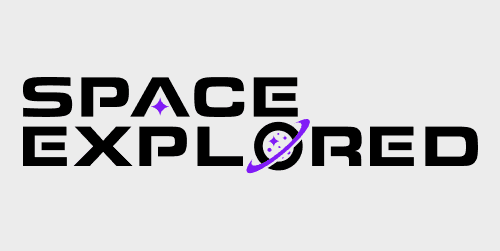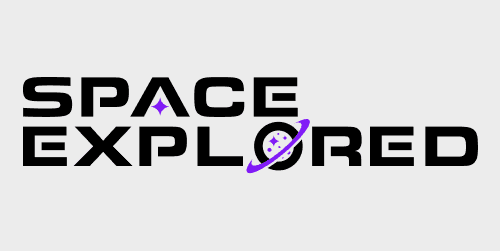
According to forms filed with the FCC, SpaceX has acquired Swarm technologies. Swarm uses their pico-satellites to provide low-cost data plans for internet of things devices, so the acquisition by SpaceX could be beneficial for both SpaceX and Swarm customers.
Swarm Technologies
Swarm Technologies was founded in 2016 by Dr. Sara Spangelo and has 121 satellites in orbit. The small satellites have launched on a number of different rockets, including Falcon 9 rideshare missions, Electron, Vega, and PSLV. On their product page, they offer a Swarm evaluation kit and the Swarm tile for sale. The evaluation kit is a larger device with a built-in solar panel and tripod, to demonstrate the capabilities of the network. The tile is a small (~58mm x 27mm x 6mm) designed to be embedded into internet of things devices to provide data connectivity and built-in GPS.
Where Swarm connectivity is useful

The amount of data per month on their data plan is extremely limited (at only 750 data packets per month) but at just $5 a month with connections around the globe, this can be extremely useful for small IoT devices. It’s certainly not the type of device that most consumers would ever consider buying or even think about but this low-cost connectivity could be of vital importance to many specific applications. Swarm themselves list some of the unique applications where their technology could be useful, from Rural agriculture, maritime use on Buoys, wind farms, and even vehicle fleets. For these applications, direct connection from ground to satellite may be the best or only option.
SpaceX acquires Swarm
In an application filed yesterday, Swarm requested to transfer all FCC licenses to SpaceX, as they will become a wholly-owned subsidiary of the latter.
Swarm Technologies, Inc. (“Swarm” or “Transferor”) and Space Exploration Technologies Corp. (“SpaceX” or “Transferee”) (together, the “Applicants”) hereby request Federal Communications Commission (“Commission”) consent to transfer to SpaceX control of the earth and space station licenses held by Swarm, a U.S.-licensed satellite operator in the non-voice, non-geostationary mobile-satellite service (“NVNG MSS”) authorized to operate in the 137–138 MHz and 148–150.05 MHz bands (the “NVNG VHF Bands”). Swarm and SpaceX have executed a merger agreement pursuant to which, as described more fully in Section I.C below, Swarm will become a direct, wholly-owned subsidiary of SpaceX (the “Proposed Transaction”).
FCC Application by Swarm Space
SpaceX could prove to be a worthwhile parent company for the IoT provider. In addition to easier access as a rideshare on future launches, SpaceX now has experience building out their own Starlink network. Starlink makes use of ground transceivers that are far larger and more expensive than are practical IoT devices, but the merger opens the possibility for tight integration between Swarm’s ‘SpaceBEE’ and SpaceX’s Starlink network of satellites to provide continuous global connectivity.

What Swarm brings to SpaceX
2020 proved to be a major year for Swarm. They have grown quickly, installing 7 new ground stations in 2020, and starting to provide access to many more locations. Whether SpaceX is interested in some of the ground infrastructure, patents, employees, or whether some of the technology will work its way into Elon Musk’s other companies like Tesla (think robo-taxi reporting location even completely out of cell phone range) remains to be seen. It is also possible that SpaceX simply saw Swarm as a very promising IoT satellite service that they believe they can help grow faster, and capitalize on in the process.
Swarm and Starlink have the same goal of providing continuous global connectivity, but for a very different clientele.
Read More
- SpaceX stacks first full Starship launch vehicle on orbital pad
- Watch a tour of SpaceX’s Starbase facility with Everyday Astronaut [Part 1 of 3]
- SpaceX hits 90,000 subscribers across 12 countries using Starlink satellite internet service
Enjoy reading Space Explored?
Help others find us by following on Apple News and Google News. Be sure to check us out on YouTube, Twitter, Facebook, and Instagram, join our Discord!
FTC: We use income earning auto affiliate links. More.





Comments